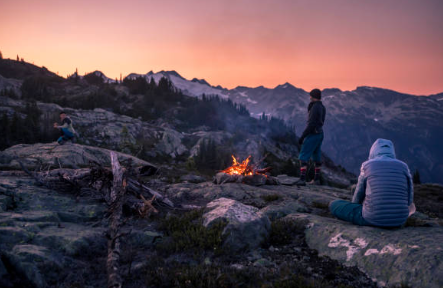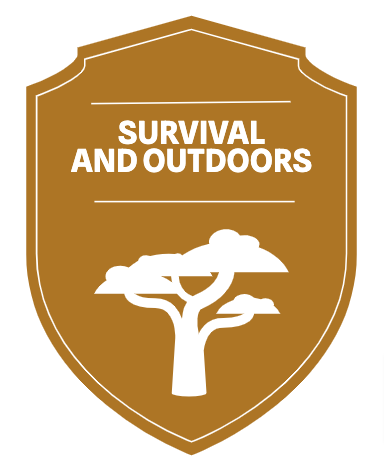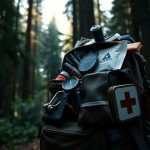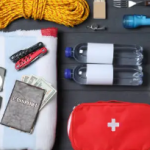
Outdoor Survival Skills
Most outdoor adventures can turn challenging when unexpected situations arise, making survival skills vital for anyone venturing into the wilderness. Your ability to stay alive outdoors depends on understanding and mastering fundamental survival principles.
To enhance your outdoor survival capabilities, you must focus on the five basic elements: shelter, water, fire, food, and signaling for help. Your priority should always be maintaining your body temperature through proper shelter. You can create temporary shelters using natural materials like branches, leaves, and snow, or carry lightweight emergency shelters like space blankets or tarps.
Finding and purifying water becomes your next priority. You can locate water sources by following animal tracks, looking for green vegetation, or moving downhill. Your water purification options include boiling, using filtration systems, or chemical treatments to make it safe for drinking. Always treat water from natural sources to avoid waterborne illnesses.
Fire-making skills provide warmth, protection, and the ability to cook food and purify water. Your fire-starting kit should include multiple ignition sources such as waterproof matches, lighters, and ferrocerium rods. Understanding how to create tinder bundles and properly structure firewood can make the difference between success and failure.
While you can survive several weeks without food, having foraging knowledge and basic hunting or fishing skills can improve your situation. You should learn to identify edible plants in your area and understand basic trapping techniques. Carrying emergency rations provides an additional safety net during survival situations.
Your ability to signal for help can speed up rescue efforts. Emergency signaling devices like whistles, mirrors, and bright-colored markers should be part of your survival kit. Creating ground-to-air signals or using the internationally recognized SOS signal (three short, three long, three short) can attract attention from rescue teams.
Navigation skills form another vital component of outdoor survival. You should always carry and know how to use a compass and map. Understanding natural navigation methods using the sun, stars, and landscape features provides backup navigation options when modern tools fail.
Your survival kit should be compact, lightweight, and contain multi-purpose items. Essential components include: - A reliable knife - First aid supplies - Fire-starting materials - Water purification methods - Emergency shelter - Signaling devices - Basic cordage
Mental preparedness plays an equally important role in survival situations. Your ability to stay calm, think clearly, and maintain a positive attitude can help you overcome challenging circumstances. Practice these skills regularly and keep your survival kit updated to ensure you're prepared for outdoor emergencies.




